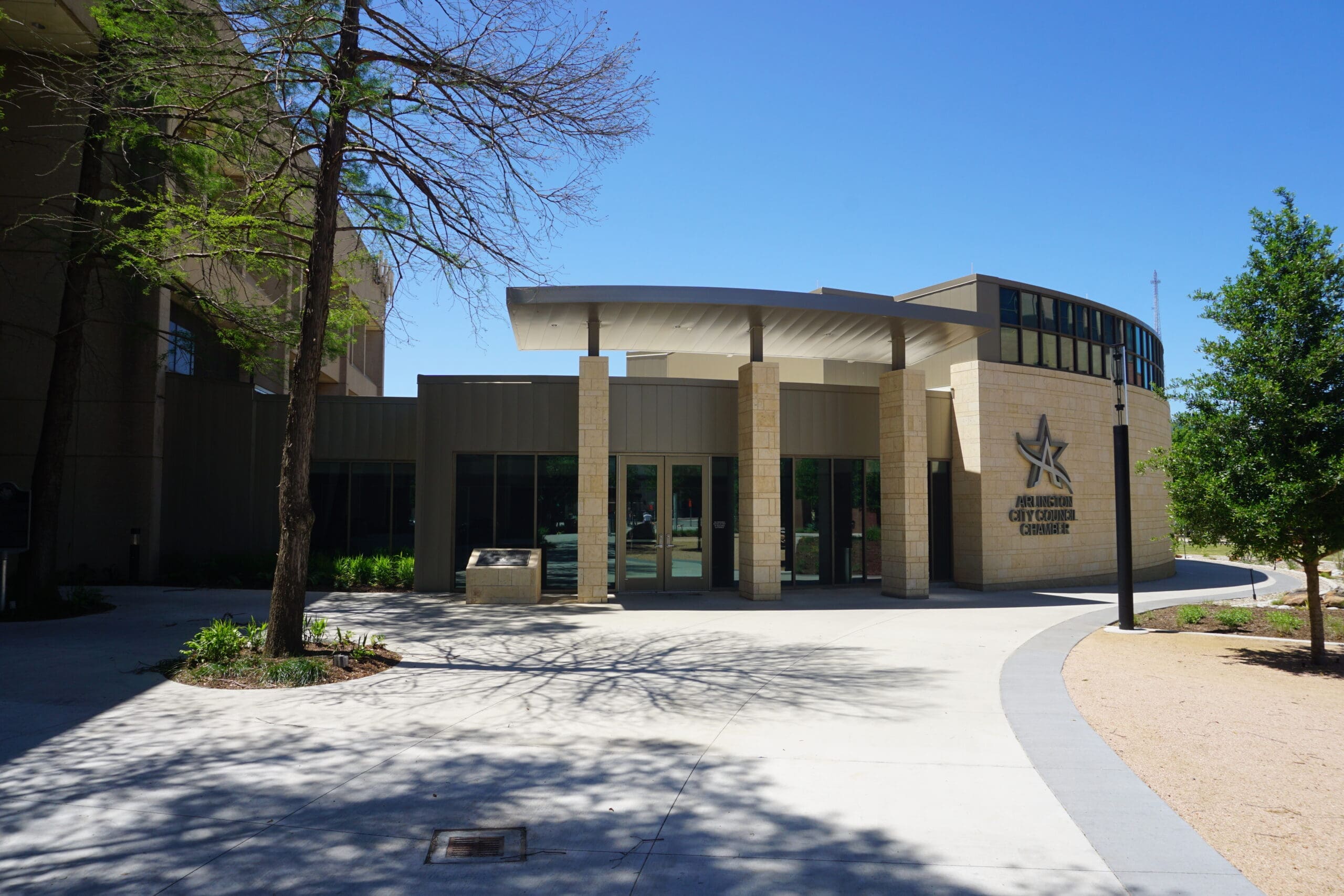After the all-out war that began last February, and spanned six months ending with a city council vote in favor of allowing Lyft and Uber to legally operate within Houston city limits, city hall will now tell Houston’s taxpayers to pay up.
An inter-office memo obtained by the Houston Republican Liberty Caucus explains that after the program is rolled out, the permitting and licensing process will cost Houstonians about $530,000 annually.
The memo, written by the Director of Administration and Regulatory Affairs (ARA), Tina Paez, explains to Mayor Parker that the ARA department will have to hire additional employees to process Lyft and Uber applications, and enforce regulations.
The ARA said they would hire eight temporary employees for application processing, costing roughly $45,000.
Additionally, Director Paez said they would add four customer service personnel and eight enforcement personnel totaling $530,000. Finally, anticipated overtime costs during the “surge period” comes out to $12,000. That is a combined total of $587,000 just to get the program started.
With Houston being such a rapidly growing city, the number of administrative personnel needed to manage the program will likely grow as well. There is no telling how much taxpayers will end up paying for this program down the road.
Lyft, which is considering halting operations in Houston if these regulations remain unchanged, said that Houston’s plan is “onerous and incompatible with our peer-to-peer model.”
The added regulations are burdensome to the drivers who have to present their vehicle for inspection, submit a warrant check, and undergo a drug screening. While these seem to be reasonable requests, both Lyft and Uber already do this and absorb the cost. The company’s regulatory policies should be sufficient, but Houston is demanding that they are done on city’s terms with taxpayer dollars.
If these regulations are not benefiting the drivers or Houston taxpayers, the main consumer of these services, who are they benefiting?
Rather than ushering in competition ensuring that Houstonians have access to the best services, the city is driving our options out. These regulations clear a path for taxi drivers, who opposed the rideshare services coming into the city, to reap the benefits of reduced competition in their market — leaving Houstonians standing on the street.




